Witness: Rugova was not under house arrest
The trial of the so-called Kosovo Six continued yesterday.
Tuesday, 12.02.2008.
12:56

The trial of the so-called Kosovo Six continued yesterday. A former state security officer in Kosovo said that Kosovo Albanian leader Ibrahim Rugova had not been under house arrest during the NATO campaign and had not been pressured into negotiating with Serbian officials. Witness: Rugova was not under house arrest He did so voluntarily and sought police protection himself, the witness claimed. When the NATO campaign started, Ljubivoje Joksic was deputy chief of the Serbian State Security Center in Pristina. In this capacity, he was responsible for watching over Kosovo Albanian leader Ibrahim Rugova, Rugova’s closest associate Adnan Merovci, and their families. In their testimonies before the Tribunal as prosecution witnesses, Rugova and Merovci had corroborated the prosecutioncs allegations, describing this supervision as “house arrest“, “detention“ and “duress“. The defense teams of the six accused saw it as “protection“. Joksic, a defense witness for police chief Sreten Lukic, gave his impression of the situation as he was cross-examined by former Serbian Prime Minister Nikola Sainovic’s defense counsel. The witness and his colleagues from Pristina had decided to look for Rugova and check whether there was any truth to the stories in the foreign media about his life being under threat, the witness said. On March 31, 1999, they found Rugova in his family house in Pristina, he said. They immediately informed Rade Markovic, head of the state security at the time, who ordered Joksic to ask Rugova if he wanted to meet with Slobodan Milosevic in Belgrade. Rugova considered it briefly and then agreed to negotiate, the witness claimed. He was transferred to Belgrade that same night, escorted by Joksic. Adnan Merovci, a prosecution witness, had described these “voluntary talks“ as “a fight for life.“ In his words, Rugova and he were under house arrest from 31 March 1999, when the police had broken into their house. Joksic refuted this, saying that the police had learned of the KLA’s plans to kill Rugova and had decided to provide protection. This could not be considered as house arrest, he explained, because the DSK leader and his family could “move around the whole house freely,“ although they were not allowed to actually leave the house. In April 1999, Joksic attended meetings between Rugova and Sainovic in Rugova's house. According to him, the talks were conducted in a tolerant atmosphere and although the two could not agree on everything at first, in the end they did reach a solution. When Rugova and Merovci wanted to leave the country, they were allowed to do so, the witness said. On May 5, 1999, an airplane arrived from Italy and flew them to Rome. According to Joksic, Rugova and Sainovic kissed each other on Rugova’s departure, another indicator of the cordial relations between the Albanian leader and Serbian officials. On that occasion, the witness gave his “Albanian friends“ a box of cigarettes each. “They promised they’d pay me back after the war, but they didn’t keep their word,“ the witness concluded. After Joksic, the defense called former Interior Ministry official Cedomir Sakic. In the spring of 1999, he escorted refrigerated trucks transporting bodies from Kosovo to Serbia. His testimony continues tomorrow.
Witness: Rugova was not under house arrest
He did so voluntarily and sought police protection himself, the witness claimed.When the NATO campaign started, Ljubivoje Joksić was deputy chief of the Serbian State Security Center in Priština. In this capacity, he was responsible for watching over Kosovo Albanian leader Ibrahim Rugova, Rugova’s closest associate Adnan Merovci, and their families.
In their testimonies before the Tribunal as prosecution witnesses, Rugova and Merovci had corroborated the prosecutionćs allegations, describing this supervision as “house arrest“, “detention“ and “duress“. The defense teams of the six accused saw it as “protection“. Joksić, a defense witness for police chief Sreten Lukić, gave his impression of the situation as he was cross-examined by former Serbian Prime Minister Nikola Šainović’s defense counsel.
The witness and his colleagues from Priština had decided to look for Rugova and check whether there was any truth to the stories in the foreign media about his life being under threat, the witness said. On March 31, 1999, they found Rugova in his family house in Priština, he said.
They immediately informed Rade Marković, head of the state security at the time, who ordered Joksić to ask Rugova if he wanted to meet with Slobodan Milosević in Belgrade. Rugova considered it briefly and then agreed to negotiate, the witness claimed. He was transferred to Belgrade that same night, escorted by Joksić.
Adnan Merovci, a prosecution witness, had described these “voluntary talks“ as “a fight for life.“ In his words, Rugova and he were under house arrest from 31 March 1999, when the police had broken into their house.
Joksić refuted this, saying that the police had learned of the KLA’s plans to kill Rugova and had decided to provide protection. This could not be considered as house arrest, he explained, because the DSK leader and his family could “move around the whole house freely,“ although they were not allowed to actually leave the house.
In April 1999, Joksić attended meetings between Rugova and Šainović in Rugova's house. According to him, the talks were conducted in a tolerant atmosphere and although the two could not agree on everything at first, in the end they did reach a solution.
When Rugova and Merovci wanted to leave the country, they were allowed to do so, the witness said. On May 5, 1999, an airplane arrived from Italy and flew them to Rome.
According to Joksić, Rugova and Šainović kissed each other on Rugova’s departure, another indicator of the cordial relations between the Albanian leader and Serbian officials. On that occasion, the witness gave his “Albanian friends“ a box of cigarettes each. “They promised they’d pay me back after the war, but they didn’t keep their word,“ the witness concluded.
After Joksić, the defense called former Interior Ministry official Čedomir Šakic. In the spring of 1999, he escorted refrigerated trucks transporting bodies from Kosovo to Serbia. His testimony continues tomorrow.










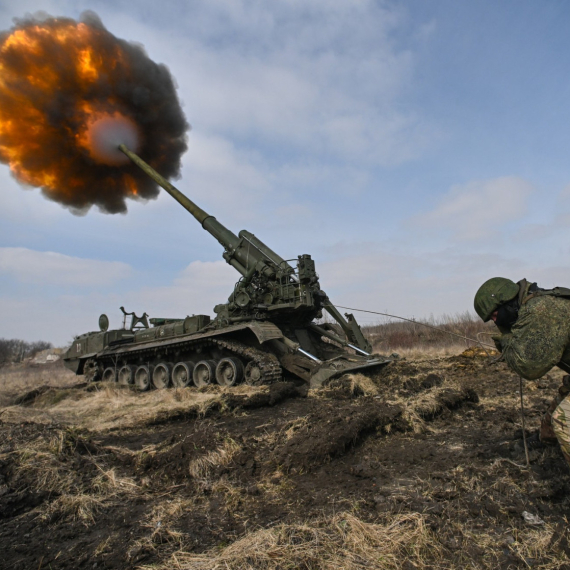
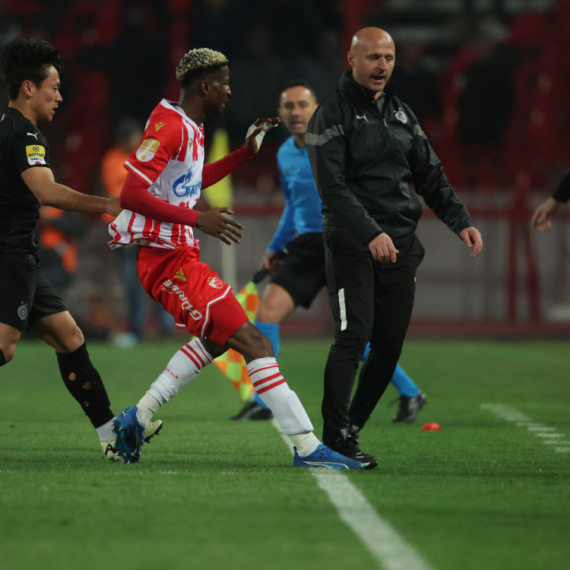


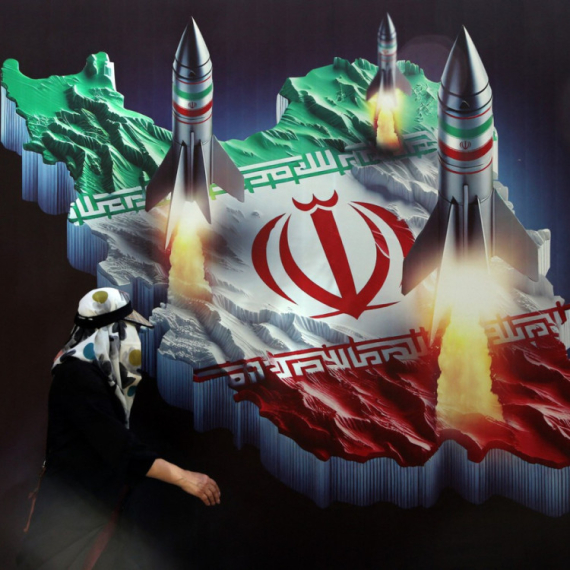




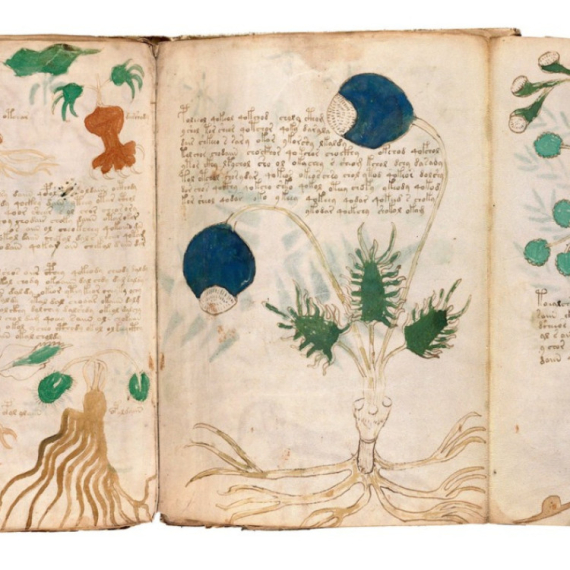










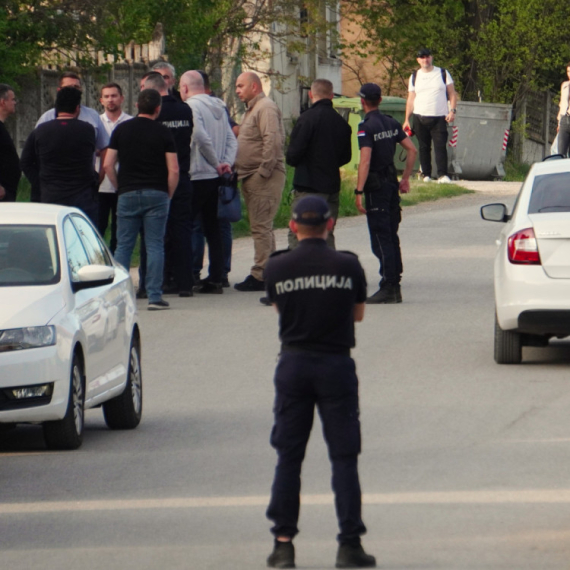
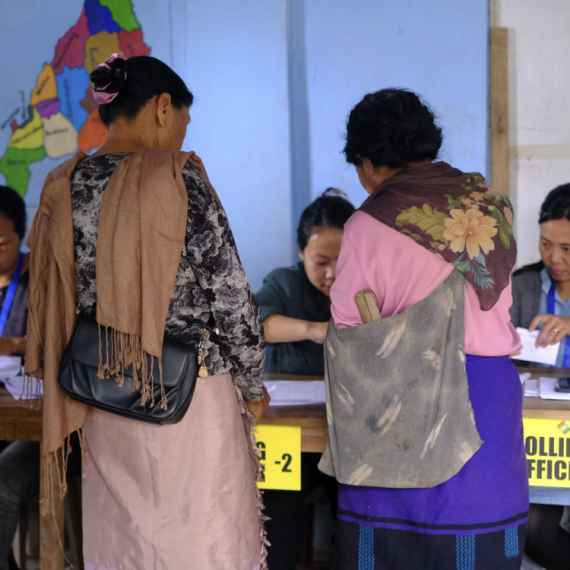
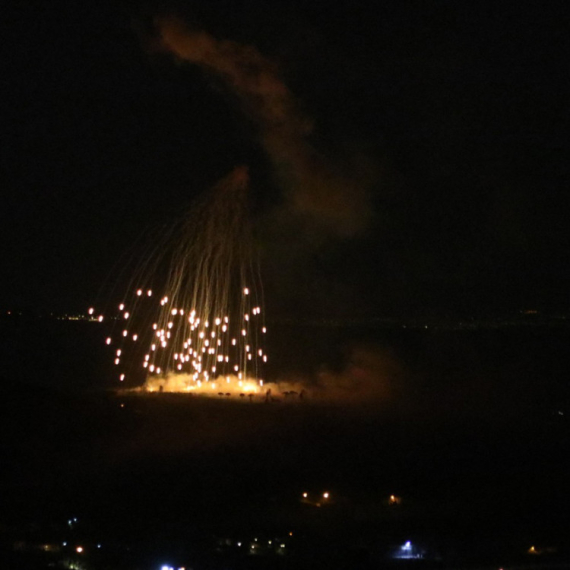


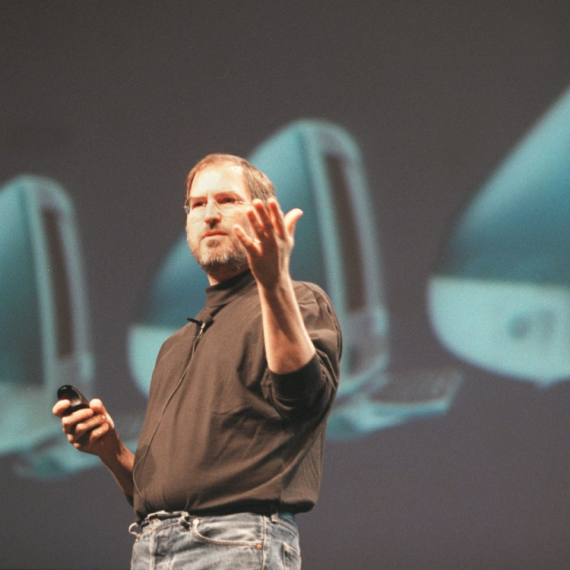




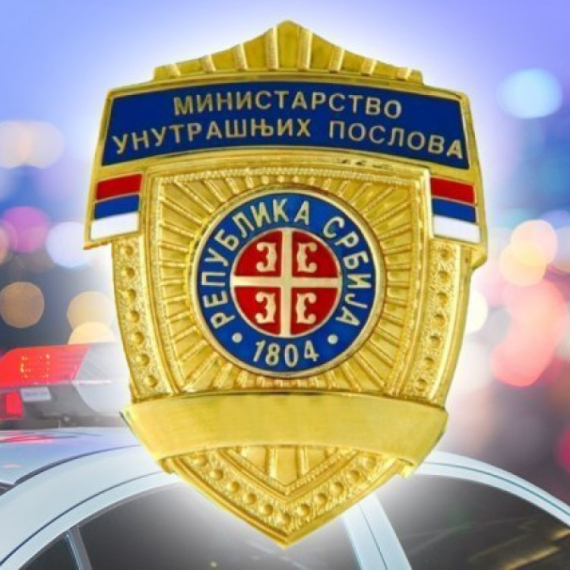




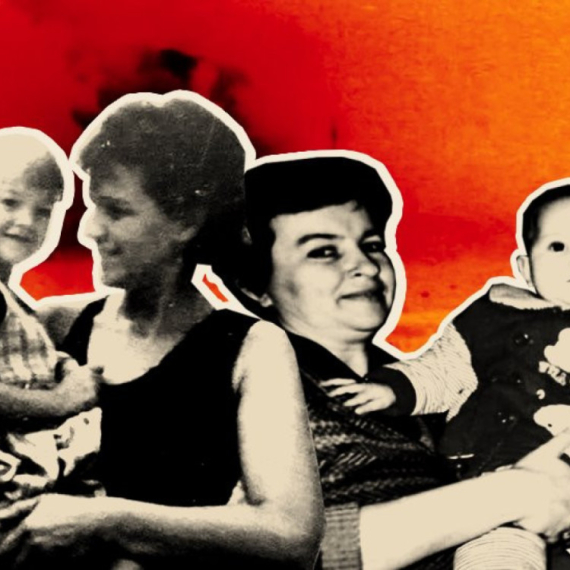

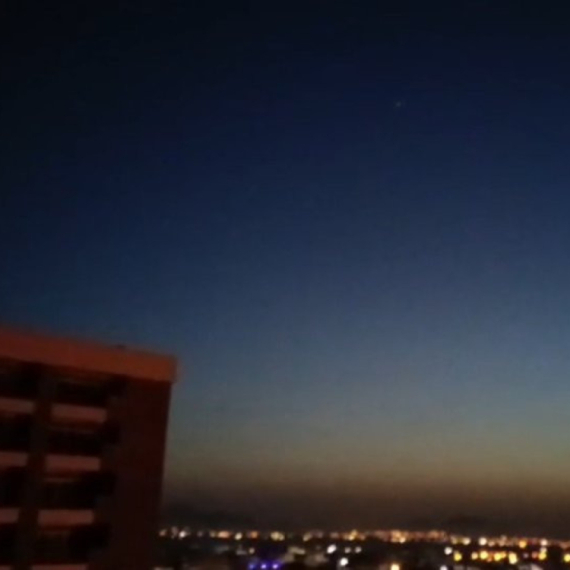



Komentari 0